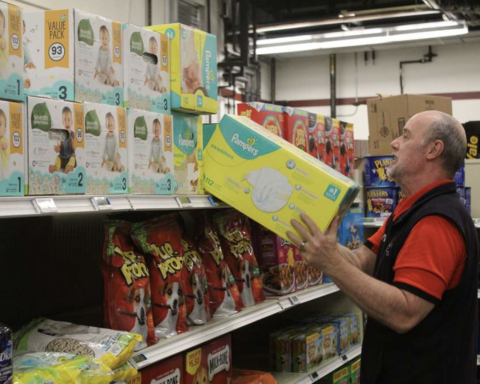by Kathryn Carley
As state lawmakers in Massachusetts debate the final details of tax legislation, community groups are urging them to include refundable tax credits proven to help eliminate poverty.
House and Senate members are currently working in conference committee to hash out details of a Child Tax Credit, which the federal government expanded during the Covid-19 pandemic but which has since expired.
State Sen. Sal DiDomenico – D-Middlesex and Suffolk – said lawmakers understand the urgency to relieve financial pressure on working families.
“You know,” said DiDomenico, “how to address anti-poverty measures is by changing how we calculate our taxes and our credits for our low-income families – and what the impact will be on them.”
DiDomenico said lawmakers have already agreed to increase the Earned Income Tax Credit from 30% to 40%, and remove the cap on the number of eligible dependents.
Once implemented, he said, the additional funds will be a game changer for families across the state.
Backers of the tax credits say research shows they not only improve the economic health of a family but the physical and mental health of parents and children.
Children’s HealthWatch Senior Research and Policy Analyst Charlotte Bruce said that benefits everyone.
“When you look at the data of how families spend tax credits, particularly if they’re done periodically,” said Bruce, “they’re really being used to afford basic needs and other enrichments for their child.”
Those needs include rent, food, and the high cost of child care – expenses many families struggled with throughout the pandemic. At least seventeen states have invested in family tax credits this year, so far.









